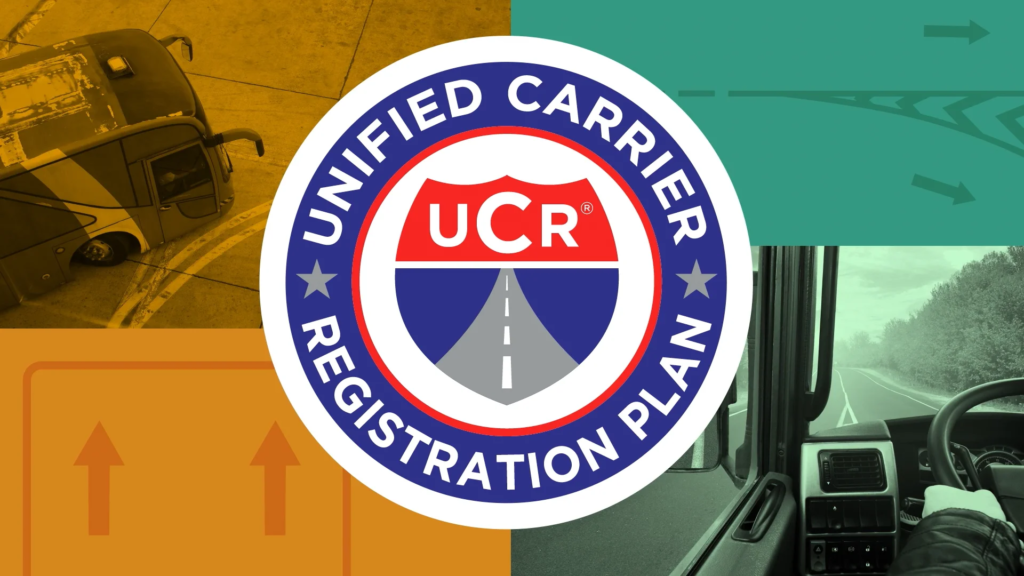Understanding and adhering to the required deadlines for Unified Carrier Registration (UCR) is crucial for commercial motor vehicle operators. The UCR system is a federally mandated program designed to ensure that carriers, brokers, and freight forwarders operating in interstate commerce contribute their fair share toward funding state transportation programs. Filing within the appropriate timeframe not only keeps businesses compliant but also avoids unnecessary penalties and disruptions. We will explore the critical dates for UCR registration, the consequences of missing these dates, and why timely filing supports both operational efficiency and regulatory compliance. Knowing these key dates can help carriers plan ahead, maintain smooth operations, and stay aligned with federal and state regulations, ensuring their business activities remain uninterrupted.
Understanding UCR Deadlines and Their Significance
The UCR registration period is set annually, and all participating motor carriers, brokers, and freight forwarders must complete their UCR registration at Federal Motor Carrier Authority Online Filings during the designated window. The registration year typically runs from January 1 to December 31, with fees calculated based on fleet size. The filing process begins on October 1 of the preceding year, allowing operators to submit their information and fees in advance. This early window helps spread out the administrative load and provides carriers with sufficient time to correct any discrepancies before the new registration year begins.
Timely filing is significant because it ensures compliance with federal regulations enforced by the Federal Motor Carrier Safety Administration (FMCSA) and avoids late fees or operational restrictions that could impede a carrier’s ability to transport goods across state lines. Missing these deadlines can lead to penalties that accumulate quickly, increasing operational costs and creating administrative challenges that could have been avoided with proper planning.
For smaller operators, the importance of adhering to UCR deadlines is particularly pronounced. Even fleets with only a few vehicles are required to register and pay their fees on time. The UCR fee structure is tiered based on fleet size, so timely registration ensures accurate assessment and prevents overpayment or underpayment. Additionally, many carriers rely on UCR registration as part of their overall compliance strategy, which may include vehicle inspections, insurance verification, and other federal reporting requirements. By observing the registration timeline, carriers can efficiently coordinate all compliance activities, thereby reducing the risk of disruptions and maintaining a positive operational record. Planning ahead for these dates also allows operators to allocate necessary resources, such as staff time and financial management, to fulfill registration requirements without stress.
The UCR program also includes important mid-year and follow-up dates for certain scenarios. For instance, new carriers entering the market after the start of the registration year must file within a specified period to remain compliant. This ensures that all participants, regardless of when they begin operations, contribute fairly and consistently. The FMCSA updates the fee structure and filing instructions annually, which makes staying informed critical. Many carriers benefit from keeping a calendar of key UCR dates, including reminders for October 1 filings, year-end submissions, and any late-filing deadlines. This proactive approach reduces the risk of administrative errors and ensures that carriers are not inadvertently penalized for missing critical registration windows.
In addition to maintaining compliance, timely UCR registration affects the broader industry landscape. States rely on collected fees to fund transportation and safety programs, making carrier contributions essential to supporting road infrastructure and regulatory enforcement. When operators file late, it can delay the distribution of funds, potentially impacting programs that enhance safety, inspections, and roadway maintenance. By filing on schedule, carriers contribute to a system that benefits all industry participants and supports safer and more reliable interstate commerce. Furthermore, carriers who maintain consistent and timely registrations demonstrate a commitment to lawful operations, which can positively influence relationships with clients, regulatory agencies, and insurance providers.
The filing process itself requires careful attention to detail. Carriers must provide accurate information about their fleet size, operation type, and other key details. Errors or omissions can result in rejected submissions or delayed processing. By understanding key dates, operators have ample time to gather necessary documentation and verify that their submission is complete and accurate. Early submission also allows time to resolve any unexpected issues, such as technical difficulties with online filing portals or discrepancies in fee calculations. The FMCSA provides resources and guidance to help navigate the registration process, which can be particularly helpful for new carriers unfamiliar with UCR requirements. Allocating sufficient time to review these resources ensures that carriers submit compliant and accurate filings on schedule.
State enforcement of UCR compliance can be strict, and carriers operating without a valid registration face significant consequences. Law enforcement officers and regulatory agents may conduct roadside inspections, and an expired or missing UCR registration can lead to fines, operational delays, and even vehicle impoundment in severe cases. The financial impact of penalties can be compounded by additional administrative work required to correct lapses in compliance. This makes proactive attention to key UCR dates essential for maintaining smooth business operations and avoiding disruptions that can ripple through supply chains. Carriers who consistently meet deadlines are better positioned to operate efficiently, manage costs, and protect their reputations within the transportation industry.
Adherence to key dates for UCR registration is fundamental to maintaining regulatory compliance, avoiding penalties, and supporting the broader transportation system. Understanding the UCR registration timeline, including annual filing periods, mid-year requirements for new entrants, and consequences of late filing, enables carriers to operate efficiently and responsibly. Partnering with filing services can further streamline the process and ensure deadlines are consistently met. Observing these dates safeguards business continuity, supports road safety initiatives, and reflects a commitment to lawful and responsible interstate commerce operations.

